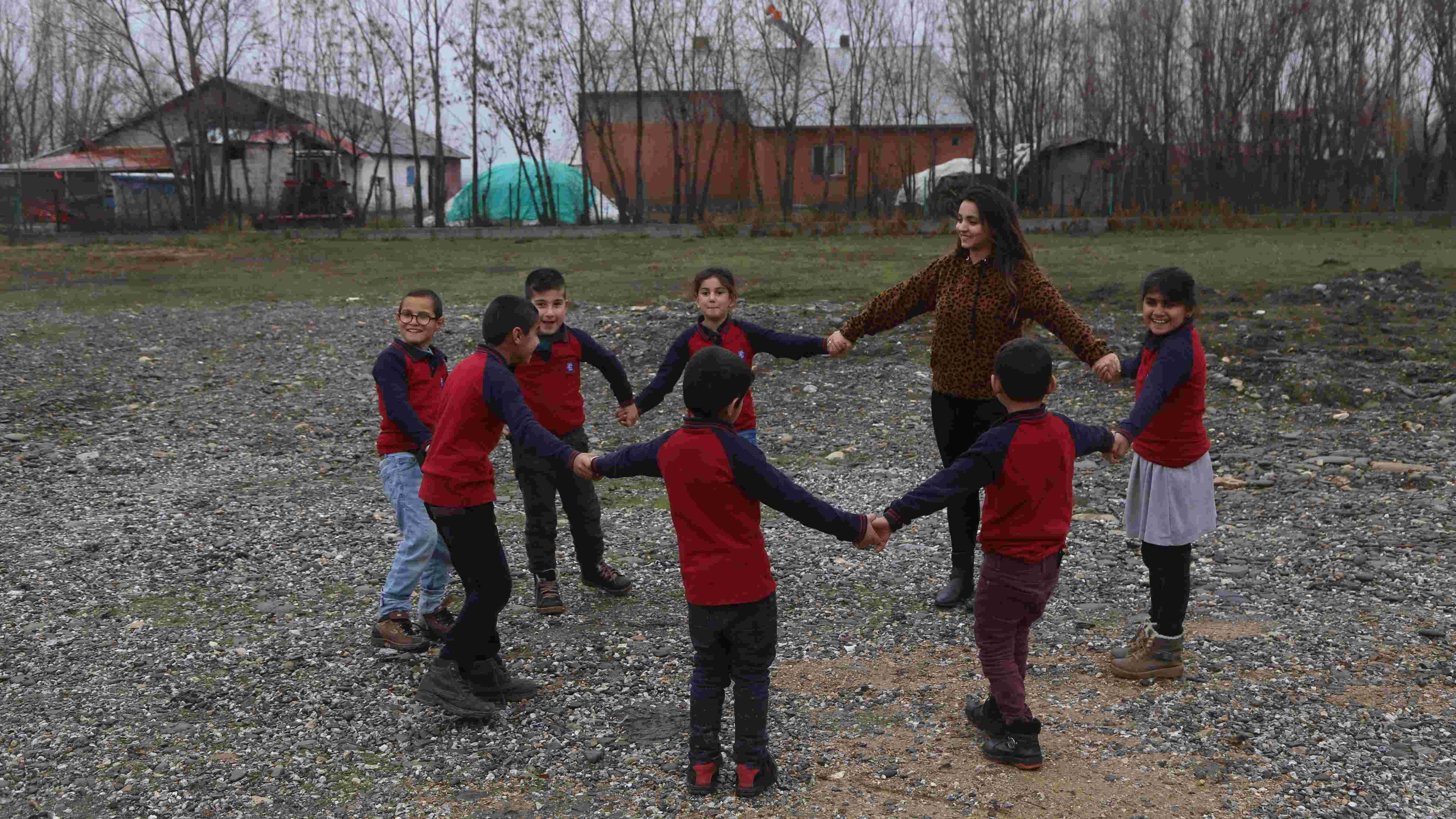
In Türkiye’s villages, teachers are often described as a “one-person education army,” juggling multiple roles as administrators, caretakers, cleaners and, at times, volunteers fighting for every child’s right to sit in a classroom.
Among the 1.2 million teachers beginning the new academic year, those serving in rural schools face some of the toughest challenges.
Many are young teachers, adjusting not only to their profession but also to the realities of village life. Accounts collected in the “Being a Teacher in a Village” series by the Village Schools Exchange Network (KODA) illustrate the demanding circumstances.
One teacher recalled arriving to find the school locked, the classroom in disrepair and no water connection. “We cleaned it for a week with my father just to make it ready for lessons.”
Another spoke of the shock of being the sole teacher. “I was responsible for all administrative work and teaching four grades at once.”
Social obstacles weigh heavily. Families, while wanting their children to study, may not actively support schooling, particularly for girls.
Yet, rural teaching is not without its rewards. Small class sizes allow teachers to follow each student’s progress closely.
Community respect is another strong motivator. “You enter a house and everyone stands up. I felt very important,” one teacher noted.
KODA emphasized that improving conditions requires planning: Placing guidance counselors and subject teachers in rural schools, offering extracurricular activities and tailoring curricula to local realities.
It also suggests integrating rural education into teacher training programs and expanding field practice opportunities.
Teachers themselves call for incentives to ease the burden of their multifaceted roles.